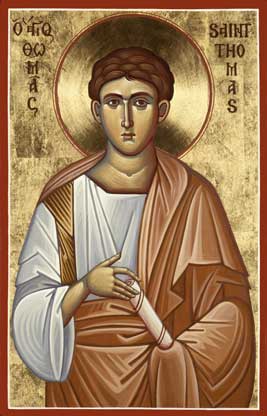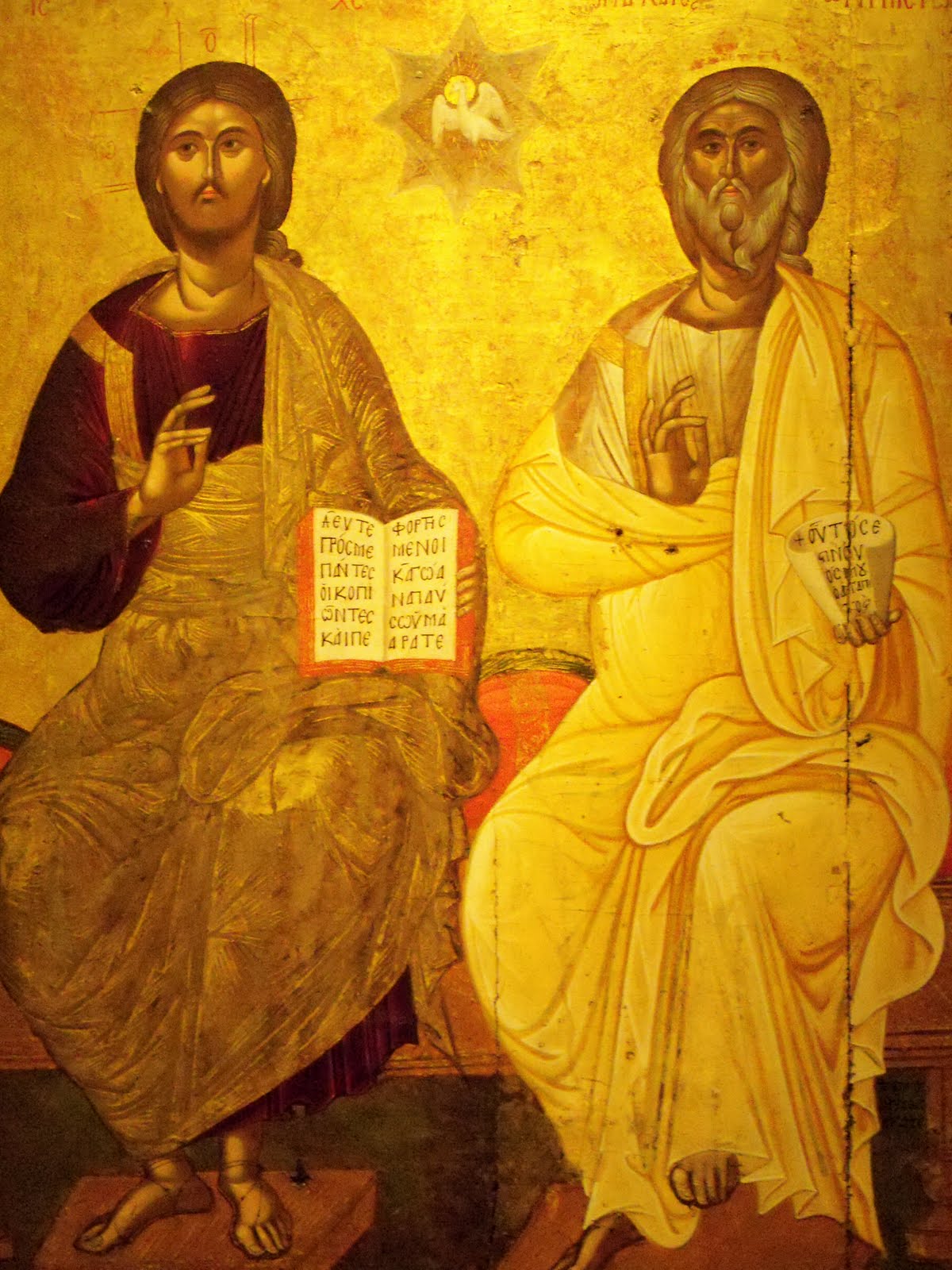The Gospel of Thomas is part of the Nag Hammadi Library, a collection of ancient scriptures discovered in Egypt in 1945. The word Gospel is from godspel meaning “good story” or “good message”, indicating a message brought from an angel, or “messenger”.
The gospels of Matthew, Mark, Luke and John are the canonical gospels and the most well-known. Due to political reasons in the very early time of Christianity, many other gospels were suppressed and destroyed, including the gospels of Mary, Thomas, Judas, and Phillip.
These apocryphal Gospels went underground and became part of the hidden or occult aspect of Christianity. This aspect is often called Gnostic Christianity, and indicates a body of teachings that were more esoteric, relating to one’s own inner development and relationship to God. Now that these scriptures have been rediscovered in modern times we can be guided by this ancient wisdom on our own internal path.
All the Gospels serve as a treatise of esoteric psychology
and a guidebook to understanding the intimate and internal path back to our intimate Being, to God.
The gospels are a study of the internal faculties, or parts of the Being, which are not yet developed in us, represented by the different disciples of Christ. Each disciple has their own relationship with Christ, each part has something to contribute to the whole.
The iinititatic path is a process of recollecting all the parts of the Being, integrating them and realizing their virtue by comprehending the ways in which each one has fallen and gotten lost in creation. We reintegrate the parts of the Being with the Christ force, the uniting force. Christ is not just a historical person, Christ is also a universal and intimate force. The incarnation of the Christ saves because the Christic force can act directly on Earth and help humanity.
Thomas is the archetype related to the deep interior mind

This is the source of knowledge and understanding that comes from the Being, from God.
“These are the secret sayings that the living Jesus spoke and Didymos Judas Thomas recorded. And he said, “Whoever knows what these sayings mean will not taste death.”
-Gospel of Thomas, Introduction
The teachings and revelations of the inner Christ must be recorded in the inner mind, represented by the archetype of Thomas.
The Christic values that come from the gnostic work, the virtues of charity, compassion, discernment are revealed to the inner mind. Thomas verifies the reality of the Christ.
Thomas is the mind that transforms from the resurrection of the Christ: “Thomas said to him, ‘my Lord, and my God!’ Then Jesus told him, ‘Because you have seen me, you have believed, blessed are those you have not seen and yet have believed.'”
Thomas is commonly thought of as the embodiment of skepticism, since he did not believe the resurrection of the Christ without touching the wounds. Thomas in truth is the inner mind, verifying the Christ as an internal phenomenon. To have conscious faith is to walk in darkness, faith is not the opposite of science but it is a yearning to truly know.
“Thomas, as the inner mind has the capacity of introversion, of touching the Master who underlies secretly in the depth of the soul.”
-Rafael Vargas, Tradition and Revelation
Thomas is the archetype inside all of us of the capacity to have gnosis, to verify the truth, in the highest octave of the mind.
There are three types of Thomas, just as there are three types of Christ
The historical Thomas was a disciple of the historical Christ, Jeshua Ben Pandira.
The internal Thomas is the intimate sense of comprehension, one of the three scribes, the others were Matthew and John. Thomas is the archetype of the mind, to know how to use the mind with discernment, how to think. Other archetypes include Matthew the librarian, Peter the Foundation, holding the keys to the Temple, Mary as the mother of all forces in the universe, as Mother Earth generating and sustaining all that lives.
The cosmic Thomas is the Kabbalistic sephirah known as Chesed, also called Atman, is the higher octave of the mental world, beyond the discursive mind.
“Jesus said, “Know what is in front of your face, and what is hidden from you will be disclosed to you. For there is nothing hidden that will not be revealed.”
-Gospel of Thomas, 5

